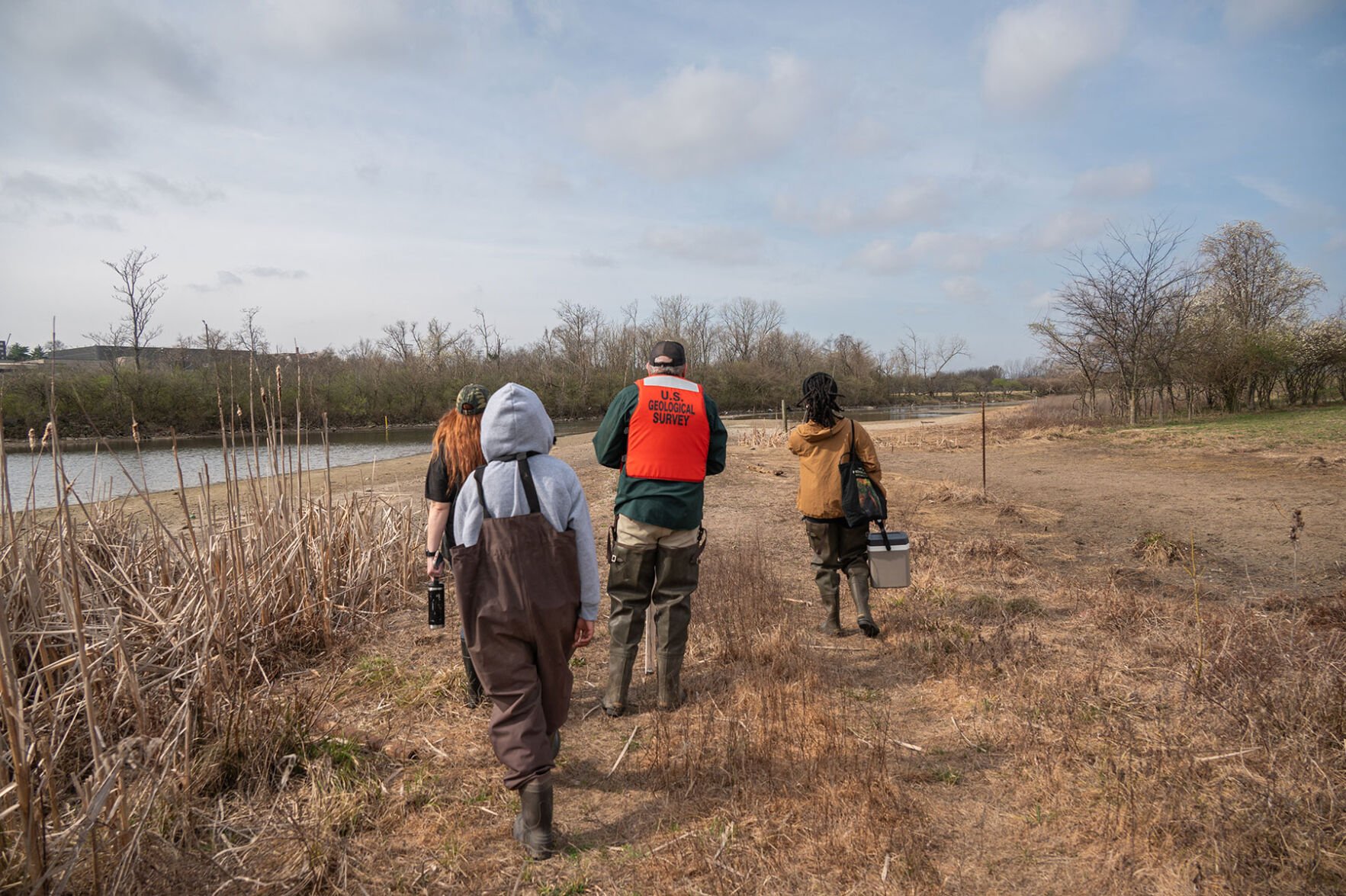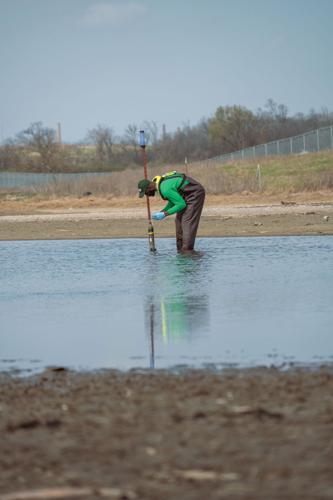When students and faculty at Tennessee State University found out they received a $4 million grant from the U.S. Department of Agriculture to restore the campus’s Tiger Bay Wetlands in North Nashville, they were overjoyed. They began conducting research on trees and started reaching out to consultants to help with the revitalization effort.
And then the grant was terminated.
Amid the historic local university’s financial turmoil, we examine the school’s past and future
Though the grant was funded by the USDA Forest Service, it was disseminated to universities by the 1890 Foundation, an organization supporting historically Black colleges and universities — making it aligned with the kinds of diversity, equity and inclusion efforts that have been a target of federal cuts by the Trump administration.
“To see that money go away and lose that ability to restore and rehabilitate the wetland, it hurt,” says Dr. Tom Byl, a TSU agriculture and environmental science professor who works in the wetlands. “It was to help this neighborhood. We need green space.”
While the funding was revoked, Byl says the 40 acres of urban wetland remain a valuable resource to students, the local environment and researchers across the globe.
The wetland is home to an extensive list of plant and animal species including beavers, muskrats, turtles, snails, sandpipers and red-winged blackbirds, who often make nests in the habitat’s swaying cattails. Byl says the area’s swamp milkweed attracts monarch butterflies, an insect that scientists are currently trying to get placed on the endangered species list.

Tiger Bay Wetlands
Byl says the wetland also faces a fair amount of stormwater runoff and prevents trash and other waste from ending up in the Cumberland River and contaminating Nashville’s drinking water.
“You’ll see trash, you’ll see all sorts of things in here that’s really kind of depressing,” he says. “This is a beautiful wetland. … It now needs our help to clean it up.”
TSU students participate in classes and internships to learn more about the wetland and how the area can be restored in the future. Byl says while from the outside it may look like they’re only taking water and testing sediments, the work transports students to a different world.
“I really love making the outdoors my classroom,” says Aaliyah Cotton, a senior environmental science major at TSU. “I feel like I learn best in environments like this. It makes sense to me, and I retain more than when I’m looking at a slide. I love it, and it’s one of our only designated greenspaces, so it just means a lot.”
“It’s cool to see it change with the seasons,” Cotton adds. “Like in the summer, it’s really pretty out here, in the spring too. So just seeing it change, and changing with it.”

TSU students at the Tiger Bay Wetlands
Students and faculty continue to research different threats to the ecosystem, like harmful algal blooms and invasive species. Meanwhile, several bills targeting the protection of wetlands are advancing in the state legislature.
Republican-backed bills like Senate Bill 670/House Bill 541 would roll back protection for a majority of the state’s wetlands. The legislation would prohibit the Tennessee Department of Environment and Conservation from classifying certain properties as wetlands unless the property is classified as wetland under federal law. Democrats argue that the legislation sides with property developers and could lead to the destruction of wetlands across the state, polluted drinking water and a higher risk of floods.
“Because the grant has been frozen, we’re all kind of holding our breath and saying, ‘What next?’” Byl says. “It’s slowing us down from what we want to do, but we’ll make do. I mean, we’ll find a way. We always do. Mother Nature will definitely continue to do whatever Mother Nature wants to do.”
Exploring sustainability efforts at Neuhoff District, conservation of the Duck River, restoration of TSU’s Tiger Bay Wetlands and more









